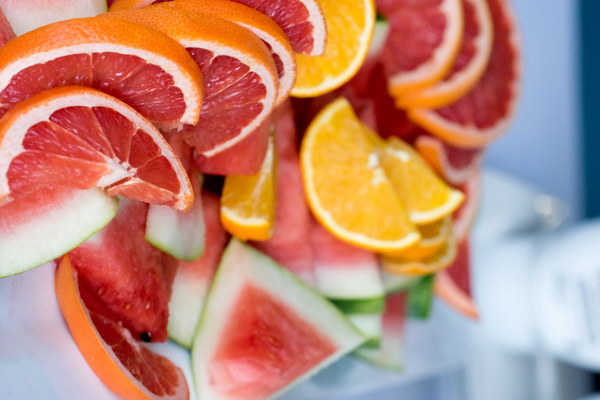Nourish Your Way to Relief Top Foods for Dizziness and Vertigo
Dizziness and vertigo can be disorienting experiences, often leaving us feeling lightheaded and unbalanced. While medication and medical treatment are crucial, incorporating certain foods into your diet can help alleviate symptoms and provide relief. In this article, we'll explore the top foods for dizziness and vertigo, offering you a natural and delicious way to combat these pesky sensations.
1. Bananas
Bananas are a fantastic source of potassium, a vital mineral that helps maintain proper fluid balance in the body. This fluid balance is essential for healthy nerve function, which can be compromised during episodes of dizziness. Eating a banana daily can help prevent dizziness and vertigo by keeping your potassium levels in check.
2. Almonds
Almonds are another excellent source of potassium, as well as magnesium, which is crucial for nerve function and blood pressure regulation. Magnesium deficiency has been linked to dizziness and vertigo, so incorporating almonds into your diet can help alleviate these symptoms.

3. Kiwi
Kiwi is packed with vitamin K, which plays a significant role in blood clotting and nerve function. A deficiency in vitamin K can lead to dizziness, so eating kiwi can help ensure that your nerve function remains healthy and prevent dizziness.
4. Spinach
Spinach is an excellent source of magnesium, calcium, and vitamin K. These nutrients are all crucial for maintaining proper nerve and muscle function. By incorporating spinach into your diet, you can support your body's ability to combat dizziness and vertigo.
5. Avocado
Avocados are a great source of healthy fats, which are essential for brain health. A well-functioning brain can help minimize the occurrence of dizziness and vertigo. Additionally, avocados contain potassium and magnesium, further supporting nerve function and blood pressure regulation.
6. Eggs
Eggs are an excellent source of vitamin B12, which is vital for nerve function. A deficiency in vitamin B12 can lead to dizziness and neurological issues. Incorporating eggs into your diet can help ensure that your vitamin B12 levels are sufficient, reducing the likelihood of experiencing dizziness and vertigo.
7. Salmon
Salmon is rich in omega-3 fatty acids, which have been shown to improve brain health and reduce inflammation. Inflammation can exacerbate dizziness and vertigo, so consuming omega-3-rich foods like salmon can help alleviate these symptoms.
8. Coconut Water
Coconut water is a natural hydrator, and dehydration can contribute to dizziness and vertigo. By drinking coconut water, you can help maintain proper hydration levels, reducing the risk of experiencing these symptoms.
9. Ginger
Ginger has been used for centuries as a natural remedy for nausea and dizziness. Its anti-inflammatory properties can help reduce the severity of dizziness and vertigo symptoms. Adding ginger to your diet, whether in tea, smoothies, or as a spice in your meals, can provide relief.
10. Green Tea
Green tea is rich in antioxidants and contains small amounts of caffeine, which can help improve blood flow to the brain. This increased blood flow can help alleviate dizziness and vertigo symptoms.
In conclusion, incorporating these foods into your diet can help alleviate dizziness and vertigo symptoms. However, it's essential to consult with a healthcare professional before making significant changes to your diet or before starting any new treatment. By addressing the root causes of your dizziness and vertigo, you can improve your overall well-being and quality of life.









